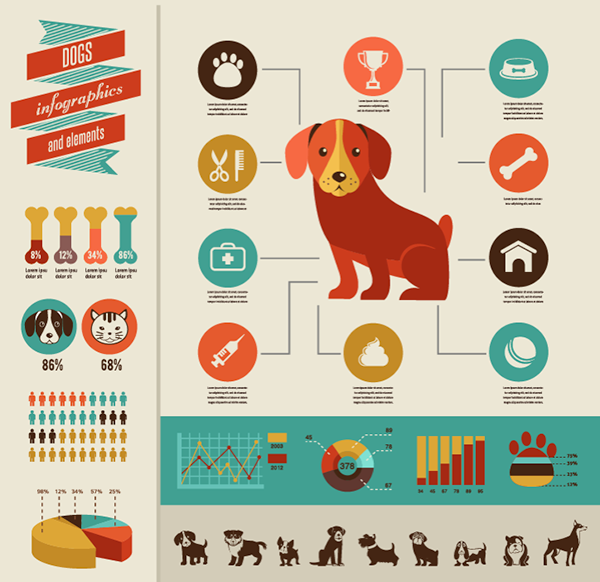Puppy Daycare Age Requirement
Puppy Daycare Age Requirement
Blog Article
Can Canine Day Care Cause Illness?
Dogs in childcare get lots of exercise, socializing with various other canines and unique experiences. This can be specifically valuable for puppies and pets with behavioral issues.
There are a number of lawful factors to consider you need to take into account when starting a doggy day care organization. These consist of the framework of your business and compliance with government policies.
1. Dog Distemper
Canine distemper is spread out via straight contact with the physical liquids and waste of a contaminated dog, but it can also be transmitted through shared water and food bowls or with airborne droplets. This extremely infectious health problem is most hazardous for young puppies, however it can affect pet dogs of any kind of age and is deadly for the majority of if left untreated.
Initial symptoms of canine distemper frequently imitate a cold, including drippy eyes and nose with watery or pus-like discharge. As the illness advances, a canine will establish fever, coughing, decreased appetite, vomiting and looseness of the bowels. The infection can additionally assault the nerve system, leading to seizures, jerking and partial or complete paralysis.
Trusted daycares decrease exposure to infection by requiring vaccinations, regular health examinations and adhere to rigorous hygiene protocols. If your pup appears extremely worn out or hopping, a day of rest may help him recoup, yet you must prevent taking him back to day care until these symptoms clear.
2. Kennel Coughing
Kennel coughing, likewise referred to as infectious canine tracheobronchitis or Bordetella, is a very transmittable viral or bacterial disease that affects the respiratory system system. It's frequently transferred through the exchange of saliva or air beads that an ill dog exhales. Social pets go to higher risk for infection as a result of their regular interaction with one another, such as when they play, share food or water, smell each other or just meet in a jampacked atmosphere like a canine boarding for dogs near me park or daycare.
One of the most typical sign of kennel cough is a relentless and powerful cough that seems like something embeded the throat or retching. Typically, dogs will certainly spend frothy white phlegm. If left unattended, a pet dog can establish pneumonia and be at significant danger for life.
A reputable childcare facility should have rigorous cleansing and sanitation methods, disinfect all toys, food and water bowls routinely, and be open concerning their inoculation policies. Maintaining your pet dog as much as day on their inoculations, particularly for bordetella and canine influenza, will substantially minimize their chances of getting the health problem.
3. Parvovirus
Canine parvovirus, or parvo, is a highly transmittable viral health problem that can be fatal for puppies and young person canines with poor body immune systems. It's most typically spread out by straight contact with contaminated pet feces-- which can occur when dogs smell, lick, or taste contaminated feces-- and indirectly from contaminated individuals, objects, or settings (like kennels, grooming areas and yards). Pups and pet dogs without complete inoculation histories are specifically vulnerable to parvo.
The infection is incredibly resistant, surviving in the atmosphere for up to 9 years, and can easily be moved in between canines by call through feces or on footwear, clothing, and bed linen infected with parvovirus. If not dealt with quickly with IV fluids, electrolyte equilibrium, vomiting control drugs and antibiotics to avoid second bacterial infections, a pet will quickly dry out and develop extreme looseness of the bowels, which causes shock and blood poisoning. Parvo is challenging to heal once a pet dog has actually ended up being ill, yet with appropriate vet treatment, many young puppies do survive this health problem.
4. Pooch Influenza
Pooch influenza infection is very infectious and spreads via direct call, sharing food and water bowls, licking or nuzzling other pet dogs, through air-borne droplets, and with contaminated surfaces. Inoculation is effective in lowering the risk of infection and break outs.
Most impacted dogs establish a mild breathing infection with a coughing that lasts 1-3 weeks. They may additionally have nasal and ocular discharge, sneezing, and sleepiness. Some of the most significant cases lead to pneumonia and a high fever.
If your pet displays any one of these symptoms, do not bring them back to day care until they are healthy. If your pet is showing indications of severe fatigue or hopping, talk to your vet today and ensure they get on good health supplements to aid develop their resistance. A vet will examine your canine for signs and symptoms of the flu by taking an example from the nose or throat, and blood tests can be done to confirm.